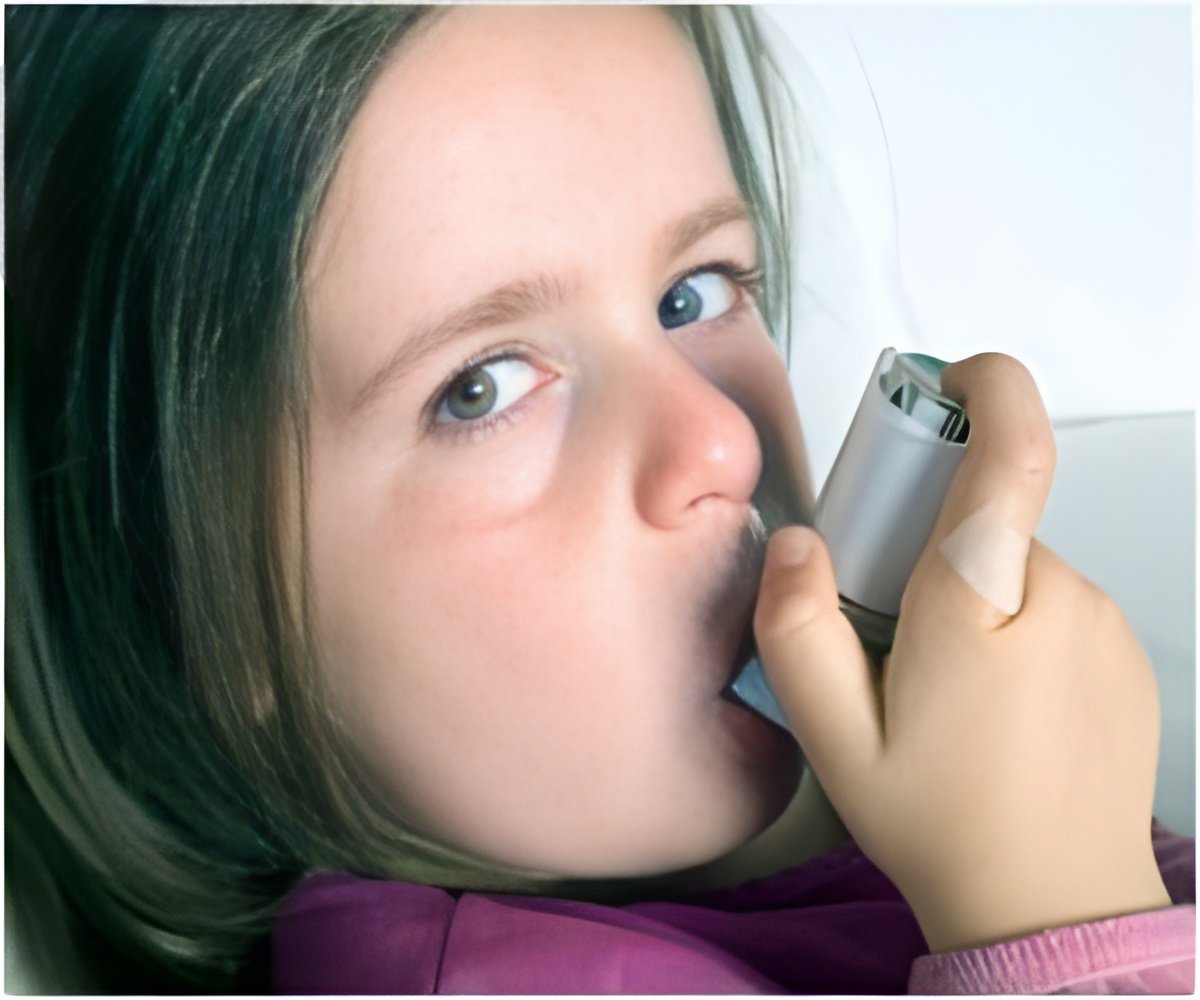New research suggests that parents in low-income families were less likely to delay asthma care for their children if they had lower levels of health insurance cost-sharing.

A 2012 telephone survey that included 769 parents of children with asthma (ages 4 to 11 years). The authors examined the frequency of changes in seeking care and financial stress because of costs. Of the children, 25.9 percent were enrolled in Medicaid or the Children's Health Insurance Program; 21.7 percent were commercially insured with household incomes at or below 250 percent of the federal poverty level (FPL); and 18.2 percent had higher cost-sharing levels for all services (e.g. $75 or more for an emergency department visit).
Parents at or below 250 percent of the FPL with lower vs. higher cost-sharing levels were less likely to delay or avoid taking their children to a physician's visit (3.8 percent vs. 31.6 percent) and the emergency department (1.2 percent vs. 19.4 percent) because of cost. Parents with higher incomes and those whose children receive public subsidies (e.g. Medicaid) also were less likely to skip getting care for their children than parents at or below 250 percent of the FPL with higher cost-sharing levels. Overall, 2.6 percent of parents reported switching their child to a cheaper asthma medicine and 9.3 percent used less medicine than prescribed because of the costs. Also, 7.6 percent of parents delayed or avoided taking their child to an office visit and 5.3 percent delayed or avoided an emergency department visit because of costs. Among those who reduced medication use, 41.1% of parents reported that if affected their child's asthma care or overall control. Among those who delayed or avoided any office or emergency department visit, 38.1% and 27.4%, respectively, reported that it affected their child's asthma care or control. Many parents (15.6 percent overall) borrowed money or cut back on necessities to pay for care for their children.
"The ACA's low-income subsidies could reduce these barriers for many families, but millions of dependents for whom employer-sponsored family coverage is unaffordable could remain at risk for cost-related problems because of ACA subsidy eligibility rules."
Author: Vicki Fung, Ph.D., of Massachusetts General Hospital, Boston, and colleagues.
(JAMA Pediatr. Published online May 19, 2014. doi:10.1001/jamapediatrics.2014.79. .)
Editorial: Downside of Increased Cost Sharing
"The Affordable Care Act will do a great deal to reduce the numbers of the uninsured in the United States. However, having insurance is just the first step toward improved access. Health care is still expensive, and obtaining it is still difficult for many in the United States. As Fung and colleagues have shown us, we cannot ignore cost sharing, especially with respect to lower-income individuals obtaining commercial insurance through the exchanges," Carroll concludes.
(JAMA Pediatr. Published online May 19, 2014. doi:10.1001/jamapediatrics.2014.449. .)
Source-Eurekalert
 MEDINDIA
MEDINDIA


 Email
Email










